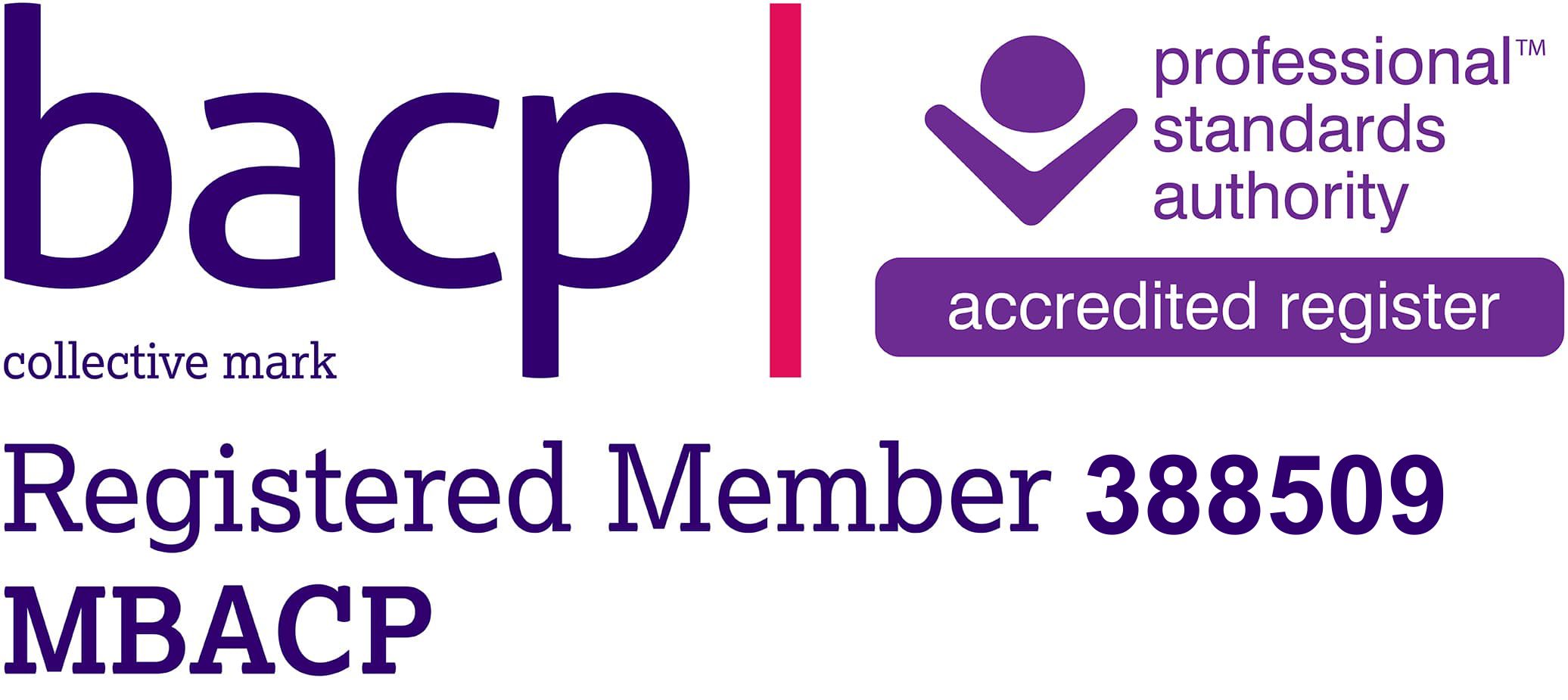Trauma is an emotional response to a stressful, distressing, or life-threatening event.1,2
A person’s emotional, physical, social wellbeing, and ability to function in life are the long-lasting effects that trauma can have; shock, denial, flash-backs, relationship difficulties and physical symptoms (e.g. headaches) are some of the reactions to psychological trauma that people may experience.2
Adverse Childhood Experiences (ACE) is the term psychologists use to describe the effect of psychological trauma in childhood, although trauma can occur at any age. Adverse Childhood Experiences can have long-term and debilitating consequences on health and health-risk behaviours including substance misuse (e.g. drugs and alcohol), suicidal and anti-social behaviours, and disordered eating (e.g. anorexia, bulimia).1
Adults who have experienced childhood psychological trauma are more likely to develop anxiety, depression and difficulties with emotional regulation, which can lead to problems maintaining health relationships.1
Adults who have experienced childhood trauma are more likely to develop anxiety, depression and difficulties with emotional regulation; this can lead to problems maintaining health relationships.1
Psychologically traumatic experiences can include: witnessing violence, war or terrorism, physical, sexual and emotional abuse, living with a family member with mental health problem or addiction, sudden separation or loss of a loved one, childhood neglect, poverty, racism, oppression or discrimination.1,2
Other conditions including Post-Traumatic Stress Disorder (PTSD) and complex-PTSD can also develop from experiencing a Psychologically traumatic event.
References:
1 https://www.traumainformedcare.chcs.org/what-is-trauma/ (accessed January 14th 2022)
2 https://www.apa.org/topics/trauma (accessed January 14th 2022)
3 https://www.nhs.uk/mental-health/conditions/post-traumatic-stress-disorder-ptsd/treatment/ (accessed January 14th 2022)



